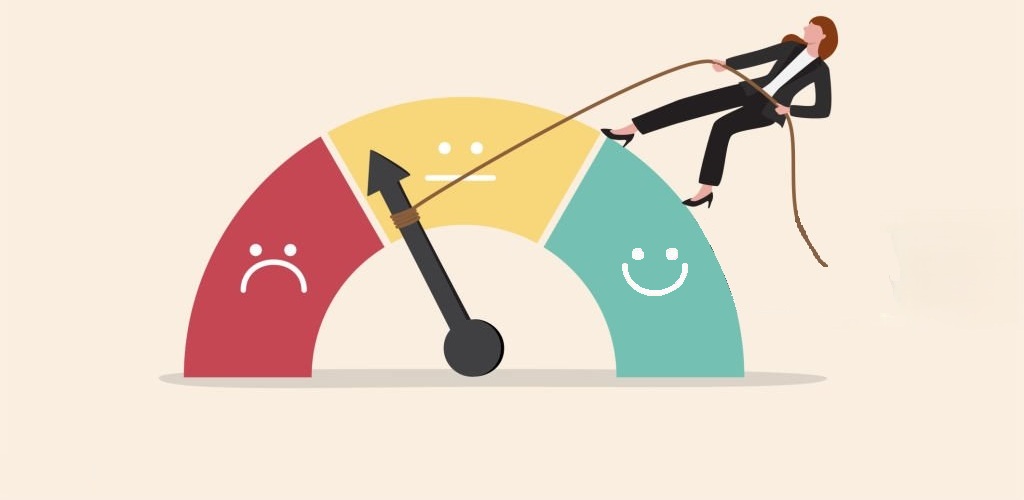
Life rarely goes exactly as we plan. Jobs change, relationships hit rough patches, unexpected challenges pop up — and sometimes it all seems to come at once. Emotional resilience is what helps you navigate these ups and downs without feeling like everything is falling apart.
It’s not about ignoring stress or always bouncing back instantly. Instead, resilience is about having the skills and habits to adapt, process what you’re feeling, and keep moving forward, even when life is messy.
Why Resilience Makes Such a Difference
When you don’t have solid coping strategies, stress can start to pile up. Over time, this might look like snapping at people you care about, feeling constantly on edge, losing interest in things you usually enjoy, or struggling to sleep. Left unchecked, chronic stress can take a real toll on both your mind and your body.
Building resilience doesn’t mean you won’t still face tough days. It simply means you’ll be better equipped to handle them. You might notice you recover from setbacks faster, feel steadier in the middle of chaos, and find it easier to stay connected to your values and goals.
Everyday Ways to Grow Your Resilience
The good news is you don’t have to tackle everything at once. Often it’s small, daily shifts that build the strongest foundation over time.
Tune into your thoughts.
When something stressful happens, notice where your mind goes. Are you jumping straight to worst-case scenarios? Assuming you’ve failed or that everything’s ruined? Try gently challenging those thoughts. Ask yourself, “Is this the only possible outcome?” or “What would I say to a friend if they were in this situation?”
Make space for your emotions.
It’s tempting to brush off or bury uncomfortable feelings, but doing so usually means they resurface later — sometimes even stronger. Give yourself a moment to simply acknowledge what you’re feeling, without judging it. A little self-compassion goes a long way.
Stay connected to people who get you.
Resilience grows best when we’re supported. Talking things out with someone you trust can help you feel less alone and often brings fresh perspective. If opening up to friends or family feels hard, therapy is a place where you can explore what’s going on without fear of judgment.
Move your body and take care of the basics.
Sleep, nutrition, hydration, and some gentle movement are your core supports. They don’t magically erase stress, but they do give your body and mind what they need to handle it better.
Practice small resets.
When things feel overwhelming, pause and take a slow breath. Step outside for a few minutes, stretch, or focus on the feel of your feet on the ground. These simple grounding moments help calm your nervous system so you can approach problems more clearly.
When It’s Worth Getting Extra Support
We all face tough times, but if you notice that stress or low mood is starting to interfere with your daily life — like work, relationships, or even getting through normal routines — that’s a good signal it might be time to reach out for more help. Counseling isn’t about having something “wrong” with you. It’s about learning new tools, getting to know yourself better, and finding healthier ways to cope with whatever life throws your way.
Taking It One Day at a Time
Growing emotional resilience is a process. Some days it might feel like you’re making huge strides, other days like you’re back at square one — and that’s okay. Over time, all those small moments of awareness, self-care, and reaching out for support add up to something steady and strong.
If you’re curious about how therapy could help you build more resilience, we’re here to support you. Feel free to reach out whenever you’re ready to take that next step.
.png)

